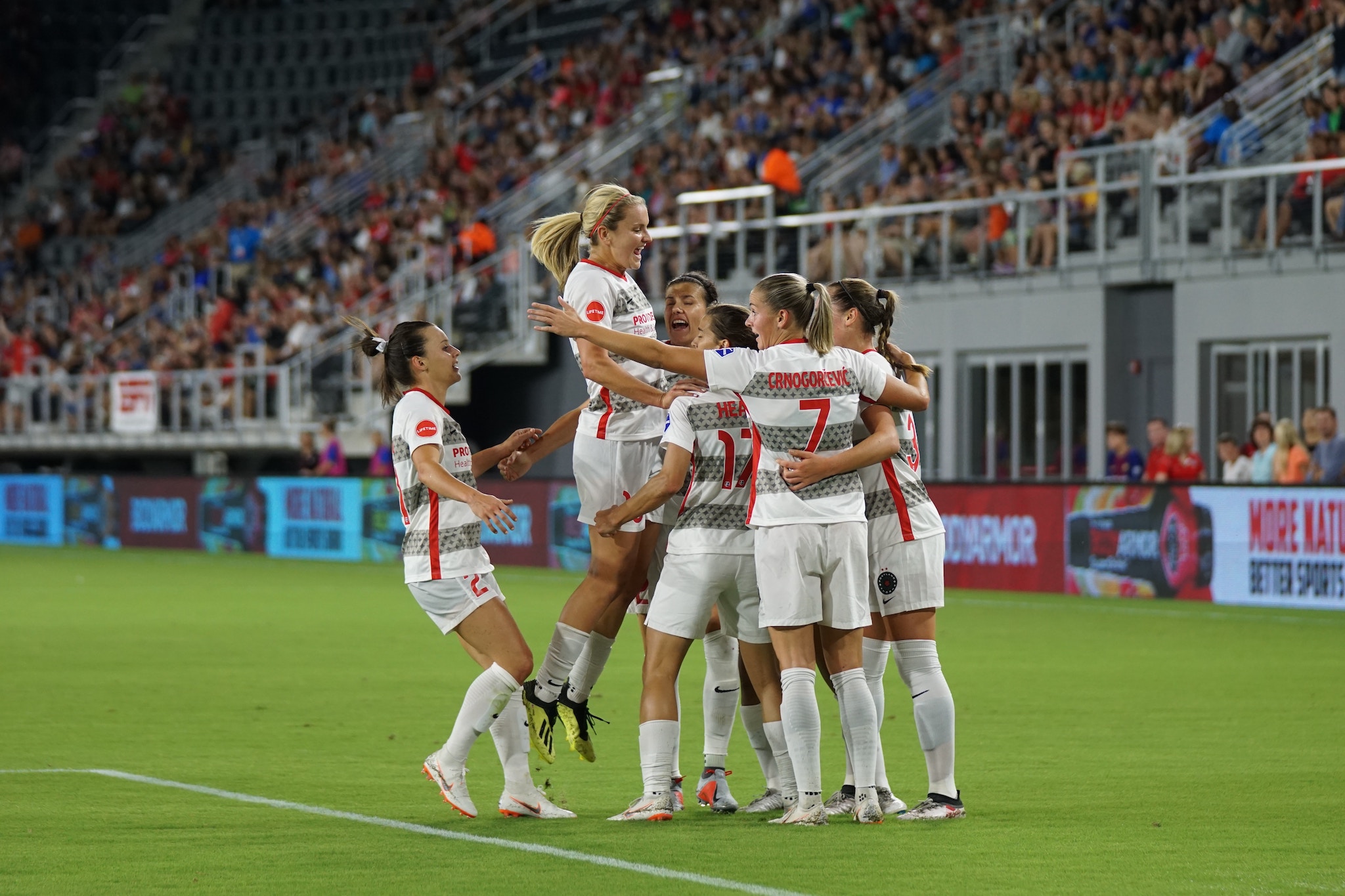Setting the stage for great teamwork in the workplace is a lot like creating a new team sport, like soccer nuevo.
In team sports, how the game is won is crystal clear. There’s a time limit—urgency. There’s an arena and a well-defined playing field. There are rules. There’s a way to keep score in real-time. There’s a referee and a coach. These things frame up the game and make it engaging for the players.
The same holds true in business. We need to clearly define how the game is won (a shared time-bound goal), how the score is kept (real-time performance feedback), and the constraints (boundaries, rules, & structure).
Once we’ve defined the elements of the game, we need to recruit players, but to achieve great teamwork, the players can’t all be strong in the same way. A team of all-star goalies won’t get us wins. We need players with complimentary capabilities.
And team sports don’t have 5+ ways to win or separate ways for each player to win. They have one way to win, and it’s crystal clear to everyone, time-bound, and measurable. In fact, great teamwork can’t happen without one overarching, clear goal; it’s a prerequisite.
Additionally, while the game and its rules are rigidly defined, how the game gets played is fluid. Players need control over how winning is achieved. It’s essential for engagement, and engagement is crucial because the game is won or lost on the team’s performance. So winning requires that the players have some intellectual range of motion, to discover how to best use their collective capabilities—a balance between discipline and spontaneity.
As the game is played, the referee enforces the rules and resolves disputes, while the coach nudges the team in directions that improve their energy, strategy, and capabilities.
The game is won or lost through the actions of the players—through their split-second decisions. If the game is clear, and the team has a referee and good coach, the stage is set for winning through great teamwork!
Photo by Jeffrey F Lin on Unsplash


